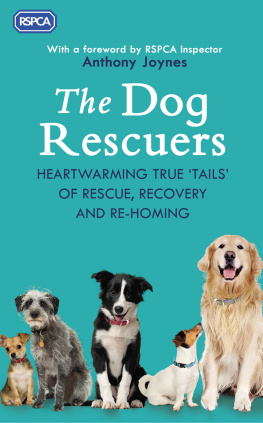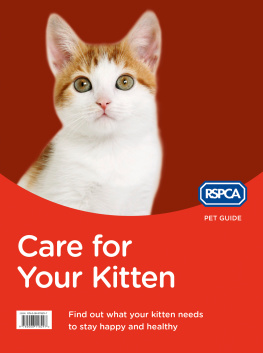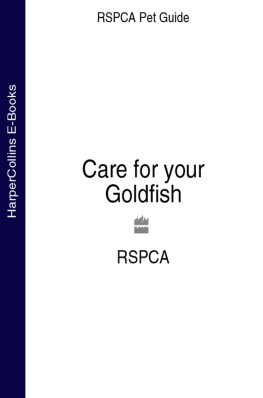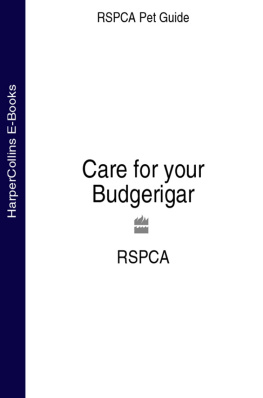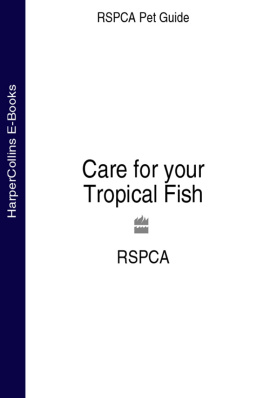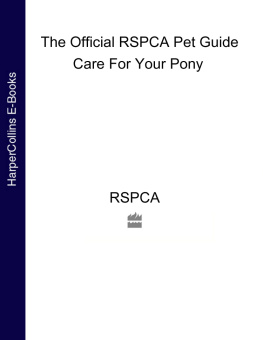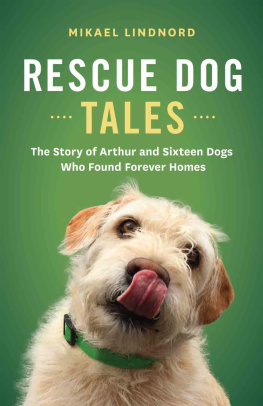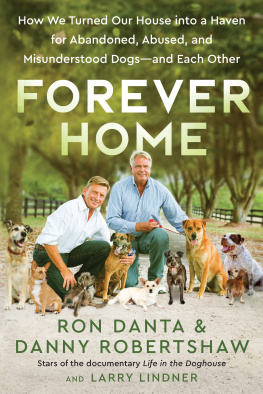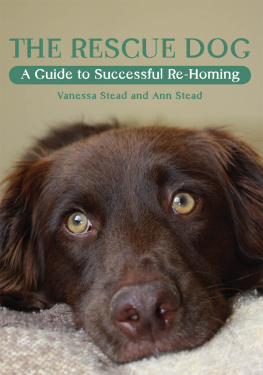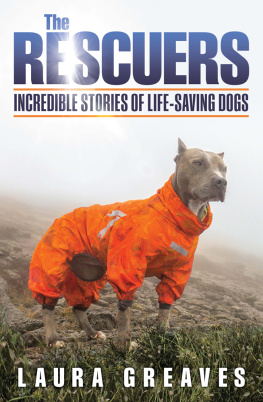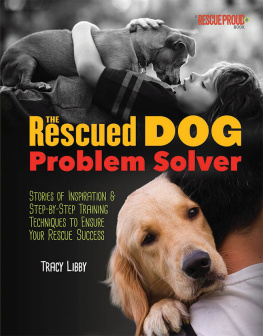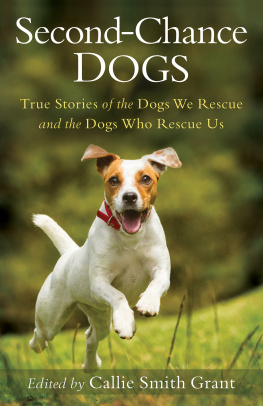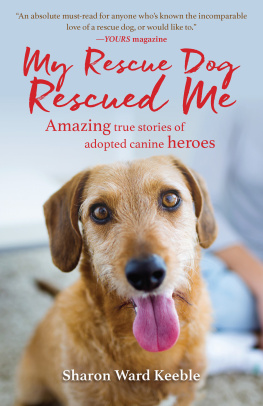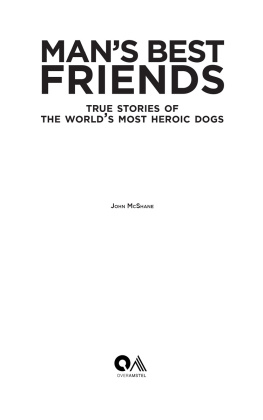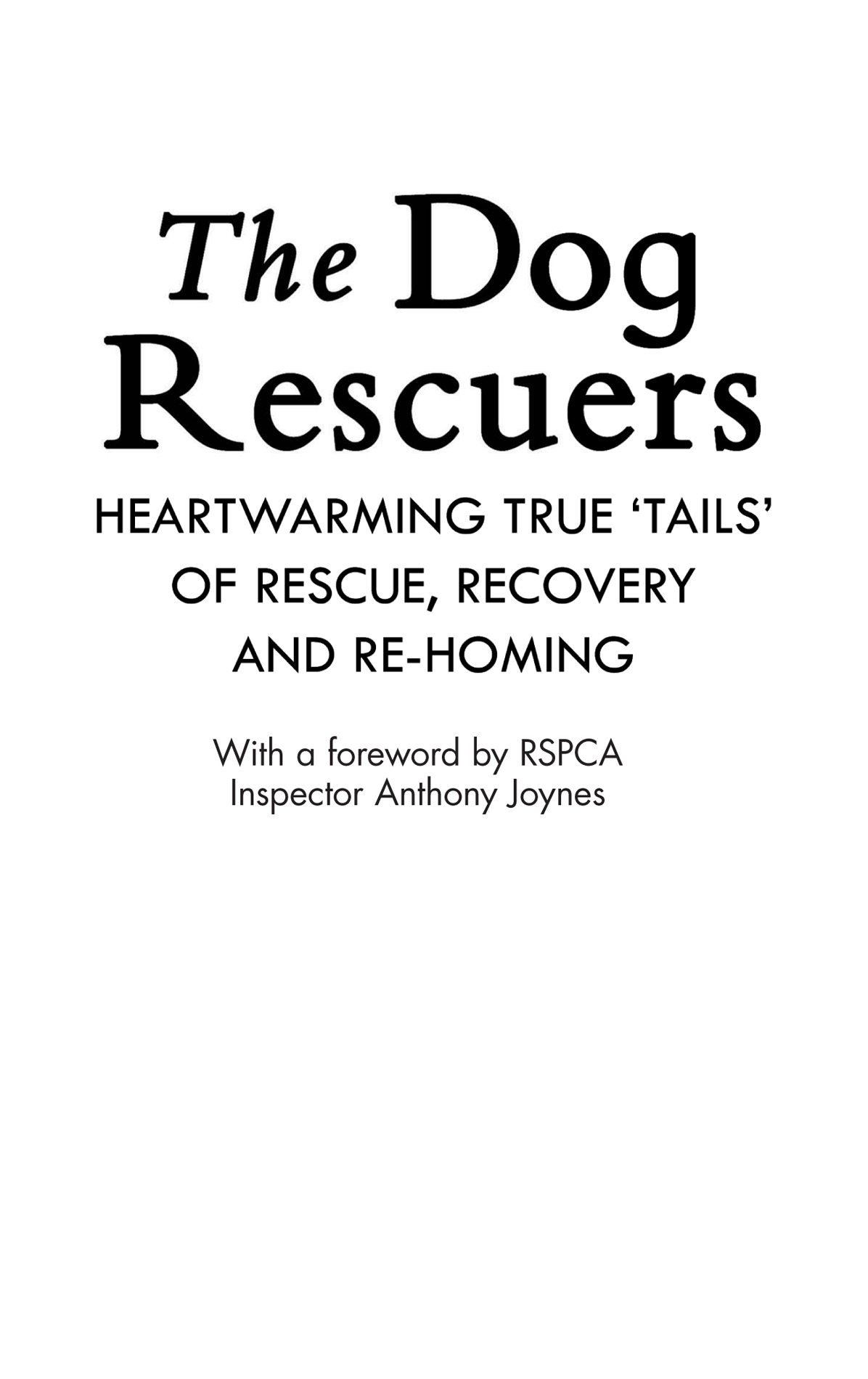About the Book
As a nation, were big fans of mans best friend. Nearly a quarter of all British homes own a dog. Sadly, not all of them receive the love and care they deserve and some dogs are neglected or, worse, abused. Enter The Dog Rescuers.
Every day, these dedicated and passionate RSPCA inspectors like Anthony Joynes contend with dog owners abandonment and misuse of their pets, and spring into action on behalf of dogs in trouble, returning them to health, happiness and a loving new home.
This collection of heartbreaking but ultimately heartwarming tales follows the likes of puppy Clover, who suffered damage to her face and lips, and Flint, the lurcher whod been used for badger-baiting and lost most of his tail. When all seems lost, the RSPCAs dog rescuers are on hand, providing vital support to get Clover, Flint and friends the help they need and into forever families so that they dont just survive, they thrive.
Contents
Foreword by RSPCA Inspector Anthony Joynes
IVE BEEN AN RSPCA inspector for more than nine years, and its the best job in the world. Every day, I and the other 320 inspectors make a difference to the lives of abused and neglected animals, intervening to give them the futures they deserve and need.
Of course, its incredibly frustrating at times, and sometimes very sad, and Ive spent many sleepless nights worrying about animals whose suffering has really got to me and almost broken my heart. Its not a nine-to-five job, one that you can leave at the door at the end of the day. Im lucky that I have a very supportive family my girlfriend, Georgia, and my son, Caleb as well as our own rescue dog, Bella. They help me to switch off, which isnt always easy because I feel so passionately about the dogs and other animals I deal with.
When Im on duty I know that I always achieve something, whether its giving the smallest piece of advice to an owner in order to make an animals life better, or taking action to rescue an animal from the most terrible circumstances imaginable. In my work I see dogs whove been subjected to appalling torture, forced to fight, neglected and starved to the point of death; images that stay with you. Ive seen the worst of humanity the owners who carry out these atrocities.
However, Ive also watched as terrified, shivering and whimpering dogs have been brought back to full health and happy lives through skilled veterinary and behavioural treatment and large amounts of tender loving care. Ive seen nervous and aggressive dogs gradually learn to trust human beings again, when everything in their past has taught them to expect nothing but savage cruelty. Best of all, Ive seen animals that have known months and years of misery re-homed with families and owners who give them all the love, companionship and care they deserve.
My job, however terrible at times, is one of hope. I may meet people whove inflicted appalling cruelty on animals, but I also meet the staff at the animal centres, the dedicated foster carers, the vets who go above and beyond their duty for these suffering animals, and the new owners who take them on and give them forever homes. All these people are amazing and its a privilege to work alongside them.
Every year, 130,000 animals are rescued by the RSPCA 7,669 of which were dogs in 2017 and our call centre deals with more than a million calls every year from concerned members of the public. The RSPCA is the oldest animal charity in the world, dedicated to looking after animals since 1824, so Im following in a proud tradition.
For as long as I can remember, its been my dream to do this amazing job. My childhood nickname, given to me by my mum and my stepdad, was Dr Dolittle, because I always seemed more interested in animals than anything else, including humans. Our house, on a council estate close to Tranmere Rovers football ground in Birkenhead, was always home to animals: rabbits, cats, and a dog called Sandy, who was my closest childhood friend.
One of my earliest memories, from when I was about five, is of seeing a man in our street kick a dog, and my mum going for him and giving him the sharp edge of her tongue. I was too young to properly understand why I felt so proud of what she did, but the way she stood up for that defenceless animal could be what started the ball rolling for me.
Animals large and small always held great interest for me. Whenever Id go out fishing with my stepdad Id take birdseed along with us, and spent most of the time coaxing chaffinches to feed from my hand. Id bought the seed with my friend Gary, who lived opposite me, and we spent the rest of our saved-up pocket money making bird-feeders to put in our gardens.
When we were about eight or nine, he and I also set up our own animal rescue service, going round the neighbourhood looking for injured animals. A year or so later, when I was around ten, I used to go to a youth club at the bottom of our road, where all the local kids went to play football and snooker. I became a regular there, five nights a week, kicking a ball around with my mates. One evening, close to Bonfire Night, I saw that some older lads, who must have been thirteen or fourteen, had caught a duck (a female mallard) and were trying to attach a firework to her with duct tape. I felt a boiling rage as I watched them and, despite the fact that they were older and bigger, I barged into the middle of their group, grabbed the duck and ran home with her as fast as I could. Mum helped me remove the tape and we put the duck into an empty rabbit hutch for the night, because it was too dark to free her immediately. The next morning we took her to Birkenhead Park, released her, and thankfully she flew on to the pond, safe and well.
I got a lot of stick from other kids at the youth club for what I did, but I was quite tough and I refused to let them intimidate me. I just had an overriding feeling that Id done the right thing, and its the same feeling I get doing my job today, even when I have to stand up to some quite intimidating individuals in the course of things.
It was a couple of years after that incident that I encountered first-hand the work of the RSPCA. About five doors away from us lived a Dobermann and his owner. I never saw the dog being walked, but whenever me and my mates were playing football in the field behind his house wed hear him barking. He sounded really unhappy. He must have slipped out through the gate one day, because I saw him making his way along the road, emaciated and, apparently, delirious. He was staggering badly and kept bumping into parked cars. The owner came out and coaxed him back to the house, but I shouted to him: Your dogs ill, it needs to see a vet. He ignored me and took the dog back inside.
I immediately went back home and rang the RSPCA cruelty line. The operator assured me that my details wouldnt be passed on to the owner, but I didnt care if they were. I wanted the owner to face the consequences of his actions and inactions, and I was proud that Id done something to make that happen. Mostly, I just wanted that dog to be well again.
A couple of hours later I saw the RSPCA van arrive and a female officer went into the house. I had my nose pressed against the glass of our front window, even though Mum kept telling me to get away. About half an hour later the RSPCA inspector came out with the dog wrapped in a big towel. He probably had to be put to sleep; he was in such a bad way. I felt so sad for him, but even at that age I knew it was better than for him to be suffering. So I also felt energized, realizing that theres someone you can call to protect animals, and they really will do something.

